Watch Bonk bring us the BEST news! Enough to make lock-down restrictions a little bit less scary. "At this time, we would like to highlight the immensely valuable role that this institution plays in terms of wildlife conservation, sustainability and education, as well as in its impact on the local economy."
WAZA's Response to Recent World Animal Protection Report
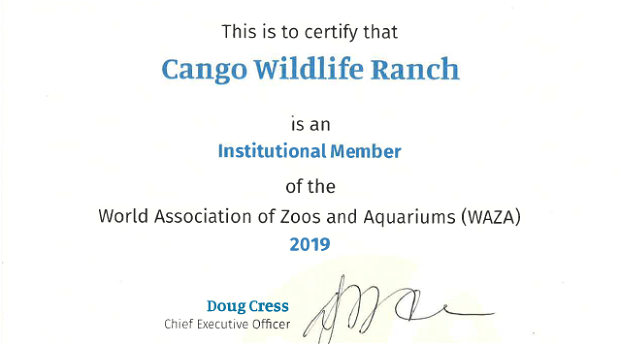
World Animal Protection (WAP) this week launched a public action campaign against WAZA regarding visitor interactions in zoos and aquariums, "urging WAZA to lead the way by offering clear animal welfare guidelines... and monitor and actively work with members to ensure they do not offer cruel and demeaning shows and activities." More information on the campaign as well as WAP's report can be read here: https://www.worldanimalprotection.org/take-action/waza
Below is WAZA's public statement in response to the campaign:
The World Animal Protection (WAP) recently released a report regarding animal welfare interactions at a sample of zoos and aquariums. The report called on WAZA to make sure that harmful, cruel and demeaning interactions do not take place in zoos and aquariums. WAZA is in accord with WAP that such practices have no place in a modern zoo or aquarium. Unfortunately, the report contains a number of inaccuracies, including naming institutions which are not WAZA members and thus which WAZA has limited jurisdiction over.
WAZA has a clear and openly available Welfare Strategy, Caring for Wildlife, that was developed with, and endorsed by, many animal welfare partners including World Animal Protection. Caring for Wildlife has a specific chapter devoted to engagement and interactions with visitors where WAZA recommendations and guidance are provided. WAZA takes animal welfare concerns seriously and addresses such concerns within our membership, quickly and effectively whenever possible. WAZA expects our direct members to follow the guidance in Caring for Wildlife however, the vast majority of the organisations surveyed in the WAP report are not WAZA members and thus it is difficult for WAZA to comment on those institutions. It is important to acknowledge that WAZA is not an accrediting body but works to create frameworks within which our institution and association members can operate. In this way, WAZA relies on our member regional and national associations of zoos and aquariums to further disseminate WAZA guidance to institutions that are not WAZA members. This is because these associations are able to connect with local context and needs, as well as cultural and language challenges. In addition, much of the guidance and support provided by WAZA is openly available to non-member zoos and aquariums, citizens, and governmental licensing authorities for use when striving for good practice, for example; Caring for Wildlife and the WAZA Conservation Strategy Committing to Conservation are each available in nine to ten different languages, WAZA News provides articles on the latest trends and developments in modern zoo and aquarium management.
Zoos and aquariums have a responsibility to achieve high standards of animal welfare in support of their goals as modern conservation organisations. Many zoos and aquariums use interactive experiences to support their conservation, research and education goals. WAZA encourages our members to provide animal-visitor interactions in a manner that prioritises good animal welfare, the adoption of evidence-based animal management practices, is informed by systematic and objective animal welfare research and offers a responsible take-home message.
WAZA works closely with our member regional and national zoo and aquarium associations around the world to develop high standards of animal welfare within joint member organisations. WAZA has already set an animal welfare goal of having all regional and national zoo and aquarium associations, which are members of WAZA, have animal welfare evaluation processes in place by 2023, so that all WAZA institutional members will be evaluated on their animal welfare. We very recently hosted the 2nd WAZA Animal Welfare Evaluations Processes Summit which brought together representatives from 16 national and regional associations around the world to further our shared commitment to animal welfare and to discuss ways forward to progress towards our goal.
Many of the regional and national associations also have their own guidelines and standards regarding animal visitor interactions and WAZA acts as a network to share these documents and best practices amongst association members.
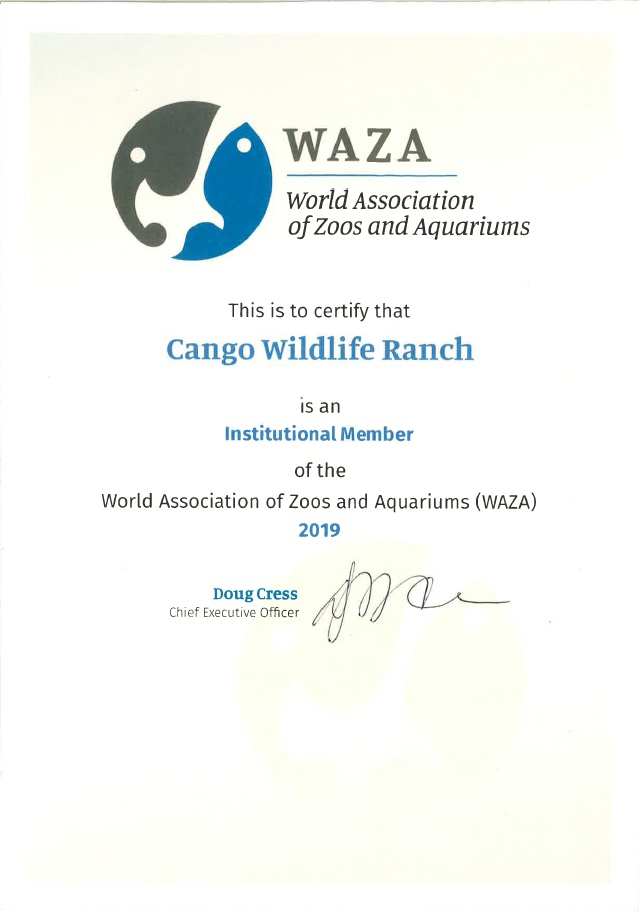
Further Reading
Nothing brings joy like the pitter-patter of new life, which is exactly what the Cango Wildlife Ranch family has been spoilt with this summer! Three animal families have welcomed new life into the world, and the team couldn’t be happier.
Our biggest sale of the year is HERE! Ons grootste uitverkoping van die jaar is HIER! 50% DISCOUNT on annual tickets 50% afslag op Jaar kaartjies
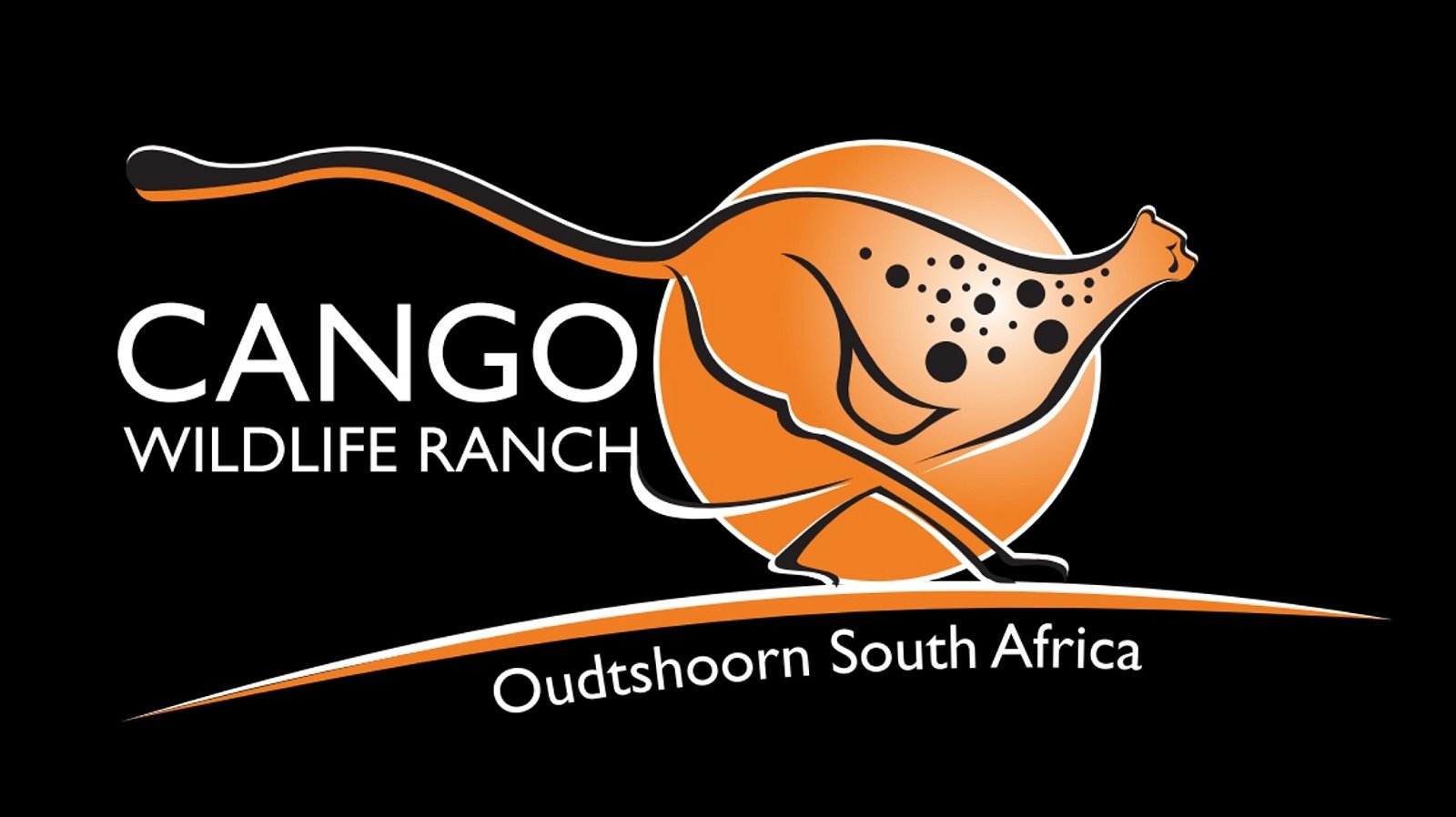












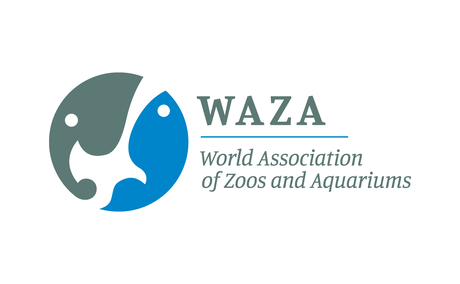
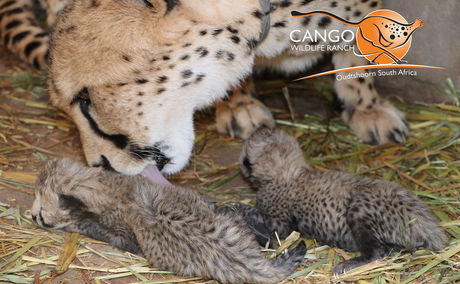
Share This Post